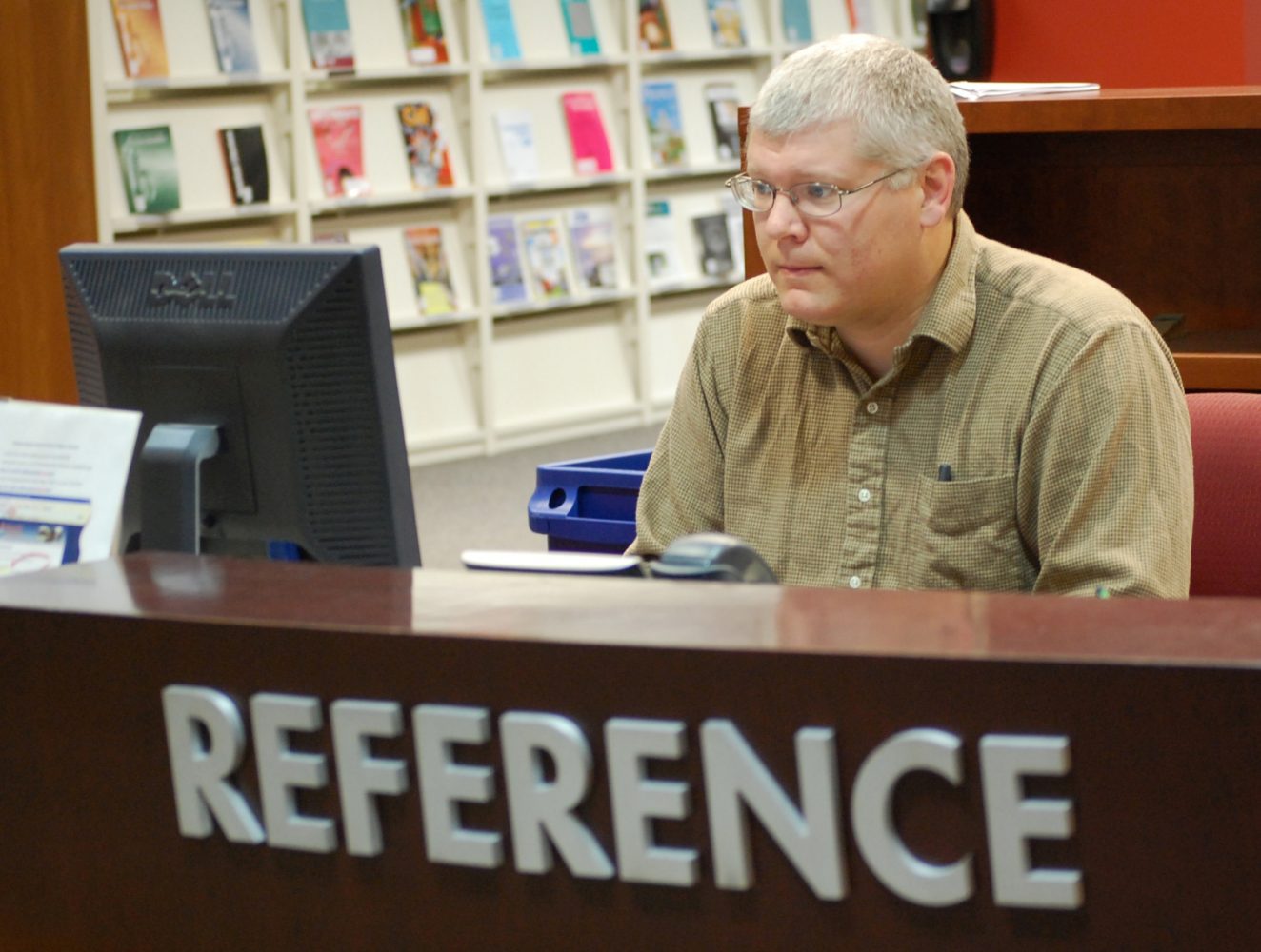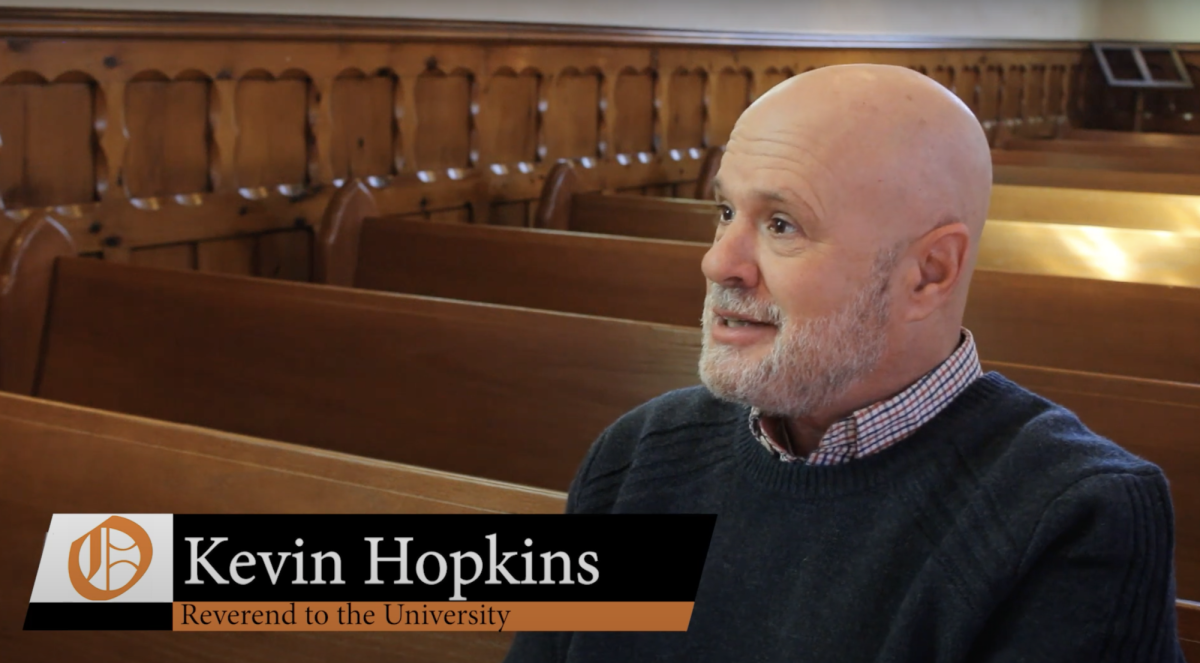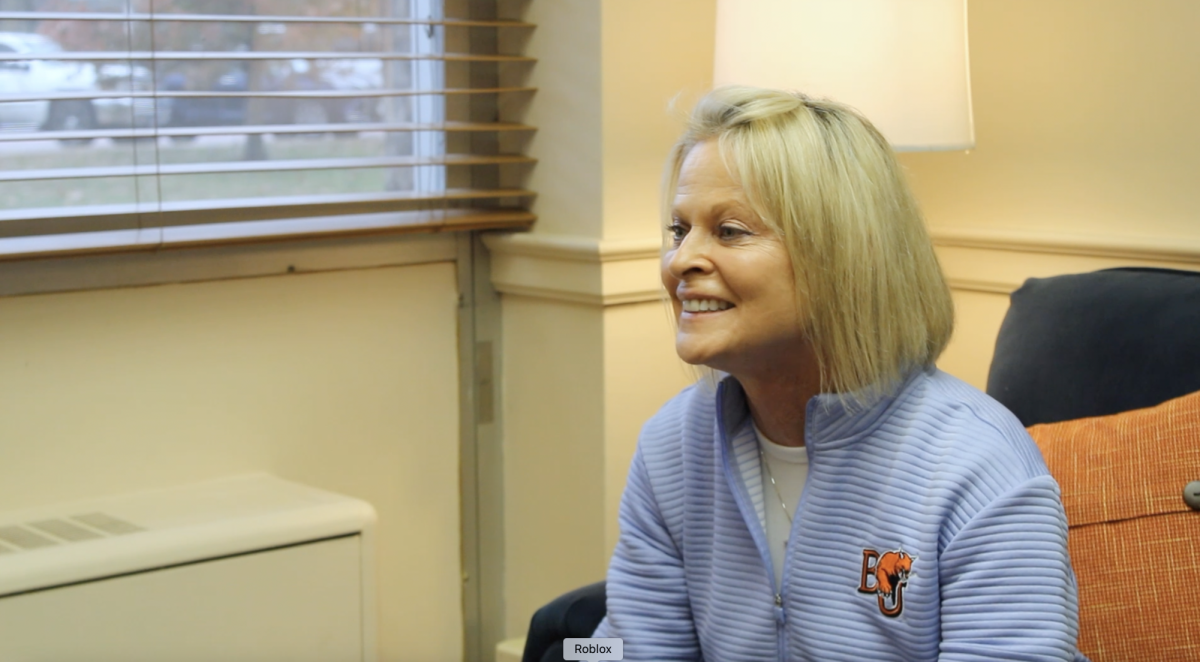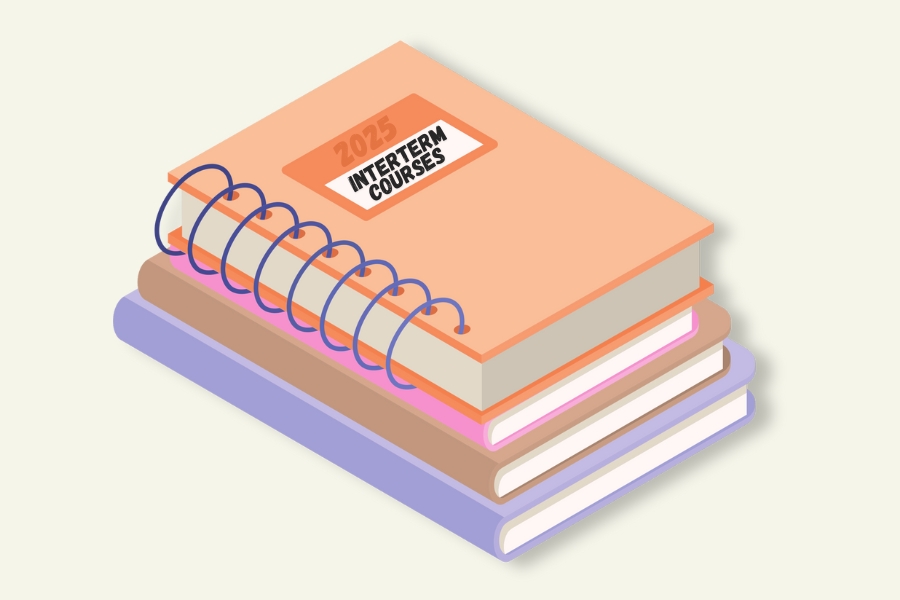Nathan Poell, Baker University technical services librarian, has been cataloging books for Collins Library for nearly five years, and in April, Poell had the opportunity to do the original cataloging on his first novel.
Poell began writing “Post-Apocalypse Dead Letter Office” in November 2008, and was finally able to hold the finished publication April 4.
“I have had other ideas come and go,” Poell said, “but this time I was like, ‘I think this one has legs,’ and just wanted to see if I could do it.”
Poell did indeed do it, and finished the original draft in 30 days, as a part of National Novel Writing Month.
“The evenings were pretty much all booked up,” Poell said. “(On the weekends) it’s get up and make some coffee and start sitting in front of the laptop.”
National Novel Writing Month encourages professional and amateur writers all over the world to write a 50,000-word novel in November.
Poell met the challenge, but said it took several months of editing before he felt comfortable sending the book to publishers.
Poell began sending query letters in early 2009, and said after many rejection letters, he got a bite from Oscura Press in December 2009.
“A lot of authors follow the same old path,” Oscura Press publisher Jason Merkoski said. “But what I like about (Poell) … was not only had he written a good book, but he spent a lot of time illustrating it as well.”
Poell writes the novel through a collection of undelivered survivor letters after an event sends the world into a pre-technological age.
Throughout the book, Poell uses dozens of transcribed letter snippets as illustrations.
“(Poell) recruited a lot of friends and family members to hand copy out these letters,” Poell’s wife Megan Phelps said. “He gave us a typed copy of what to write and then told us we could copy it out on any particular type of paper that we wanted.”
These transcribed letters are written on everything from library index cards to the inside of a macaroni box.
Through the help of the book’s letter transcribers, Poell was able to create a local connection.
“A lot of the narrative is really local,” Merkoski said. “So, I think whether you are a student, or professor or even the groundskeeper at the college, you would get an interesting experience out of reading the book.”
Poell’s novel is available to check out at Collins Library or for purchase at certain locations.








